Keywords: Refugee Convention
-
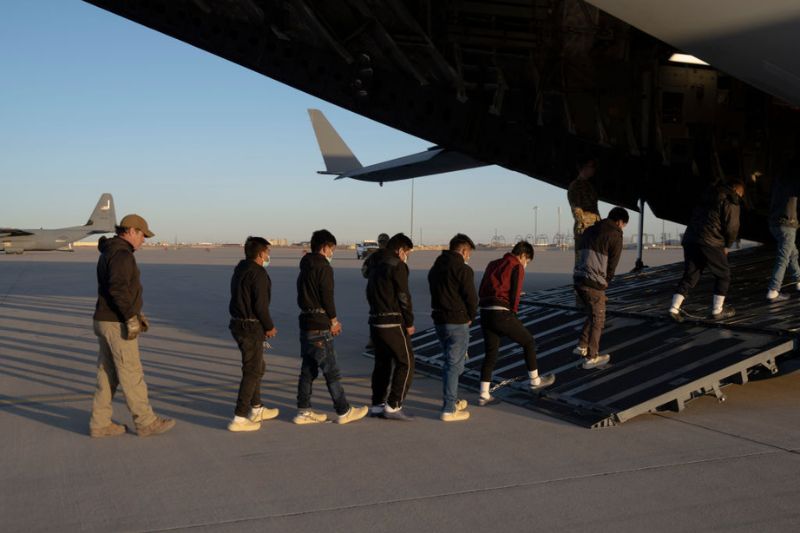
INTERNATIONAL
- Andrew Hamilton
- 30 January 2025
The United States' recent shift in immigration policy towards exclusions and deportations is a modern moral reckoning. It underscores the tension between a society’s right to regulate its borders and its responsibility to uphold the dignity of those who already call it home.
READ MORE
-
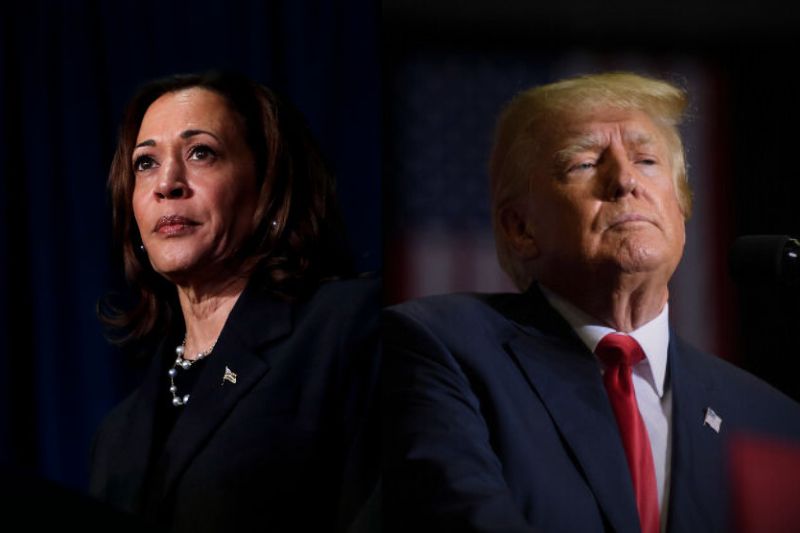
INTERNATIONAL
- James Massola
- 31 July 2024
3 Comments
The November election is shaping up to be a pivotal moment for Australia. With either Kamala Harris or Donald Trump at the helm of the United States, Australia could be affected in unexpected ways, from how we deal with China to trade policies and our relationships in the Asia-Pacific region.
READ MORE
-

AUSTRALIA
- Kerry Murphy
- 05 July 2024
There is no doubt that laws for determining refugee status and onshore protection are complex. The cases of NZYQ and ASF17 demonstrate that when laws regarding asylum and protection intersect with laws regarding character and protection of the community, the results can be extremely messy.
READ MORE 
-
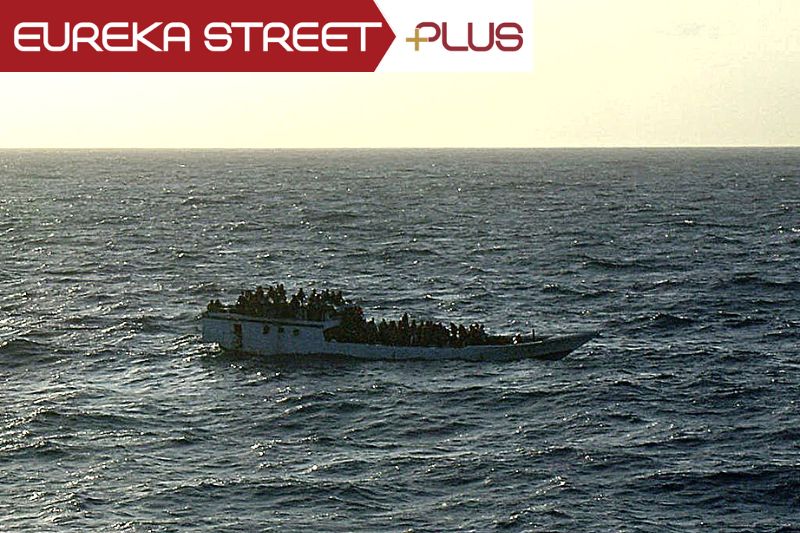
AUSTRALIA
- Kerry Murphy
- 04 January 2024
Throughout recent decades of Australian history, the stance every government has taken on asylum seekers has reflected the shifting political landscapes and challenging humanitarian issues that have continually shaped Australia's response to those seeking refuge.
READ MORE 
-
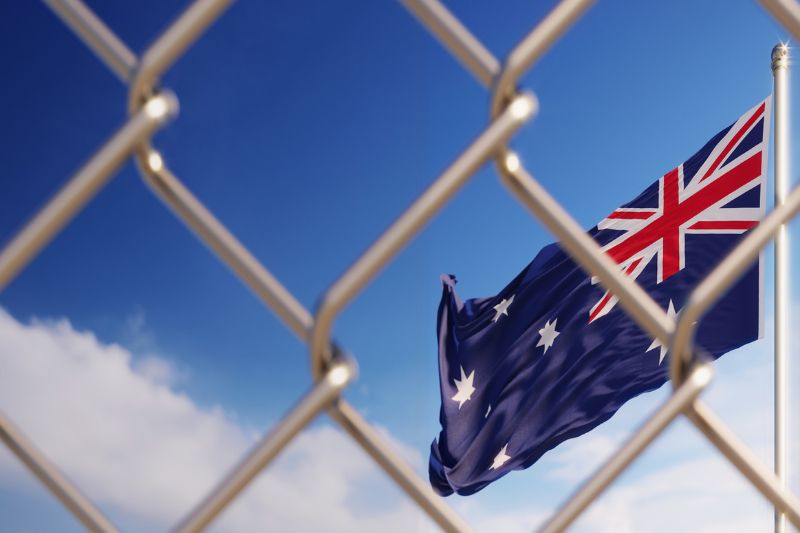
AUSTRALIA
- Kerry Murphy
- 08 December 2023
4 Comments
On 8 November, the High Court ordered a stateless Rohingya refugee known only as NZYQ to be released from detention. He could not be granted a visa because he was found gulity of sexually assaulting a minor, and he could not be sent anywhere because he is stateless. Until 8 November, he was stuck in indefinite mandatory detention.
READ MORE
-

AUSTRALIA
- Kerry Murphy
- 28 July 2023
How has Australia's asylum seeker policy changed over the past thirty years? The approach of every government has reflected the shifting political landscapes and challenging humanitarian issues that have continually shaped Australia's response to those seeking refuge.
READ MORE 
-
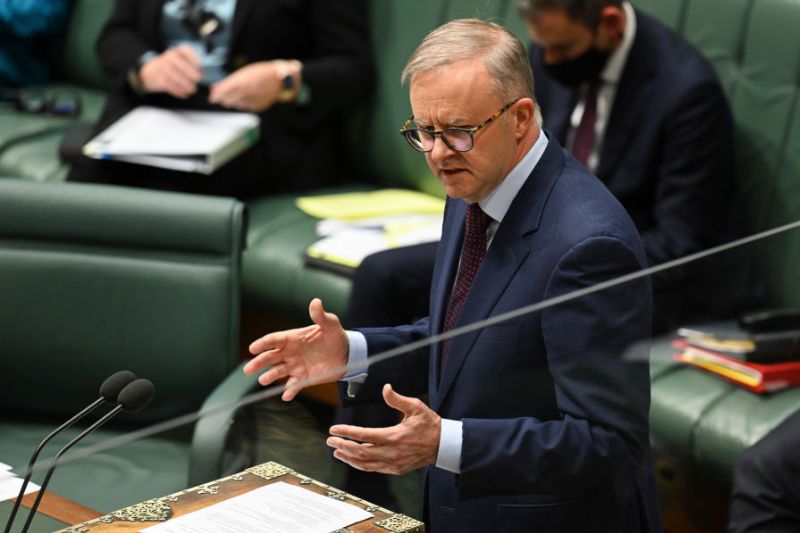
AUSTRALIA
- Frank Brennan
- 28 October 2022
6 Comments
In recent years, Australian policies in relation to asylum seekers and refugees have been unnecessarily mean, cruel and disorganised. The election of the Albanese government provides the opportunity for a reset, putting behind us the past mistakes of both Coalition and Labor Governments in the last 20 years.
READ MORE 
-
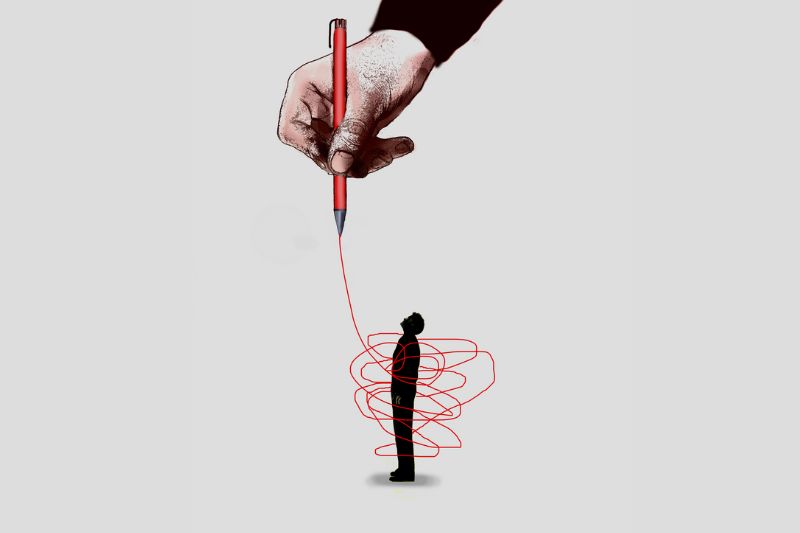
AUSTRALIA
- Andrew Hamilton
- 29 September 2022
8 Comments
Recently many people have expressed disquiet about the trend to authoritarian rule throughout the world. They have good reason for doing so. In the world we are entering, the freedom of citizens in the State depends on the will of Governments that will have no enforceable obstacle to withdrawing such freedoms on suspicion of future misconduct and not just for punishment of past, proven misconduct.
READ MORE 
-
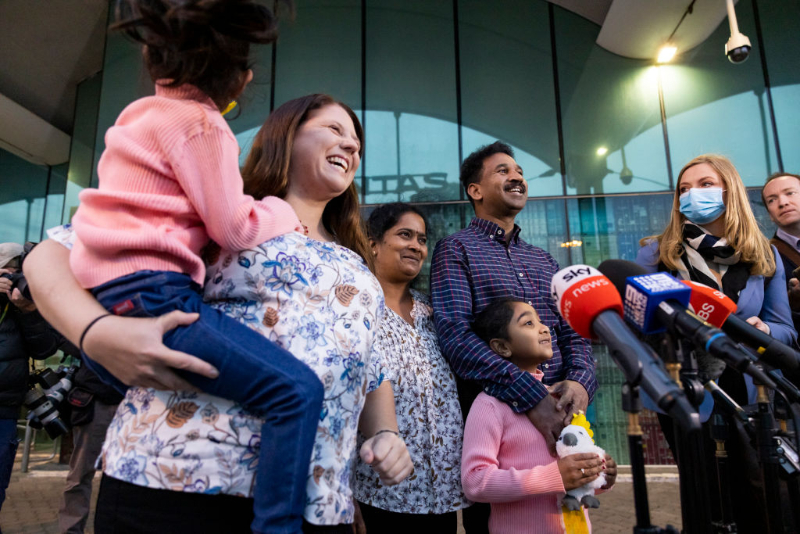
AUSTRALIA
- Binoy Kampmark
- 09 June 2022
9 Comments
In Australia’s treatment of refugees and asylum seekers, notably those arriving by boat, compassion and fairness have rarely threatened a policy deemed cruel, costly and ineffective. The fate of the Muragappan family has been a continuous, scandalising flashpoint about the nature of Australia’s border protection policies.
READ MORE 
-
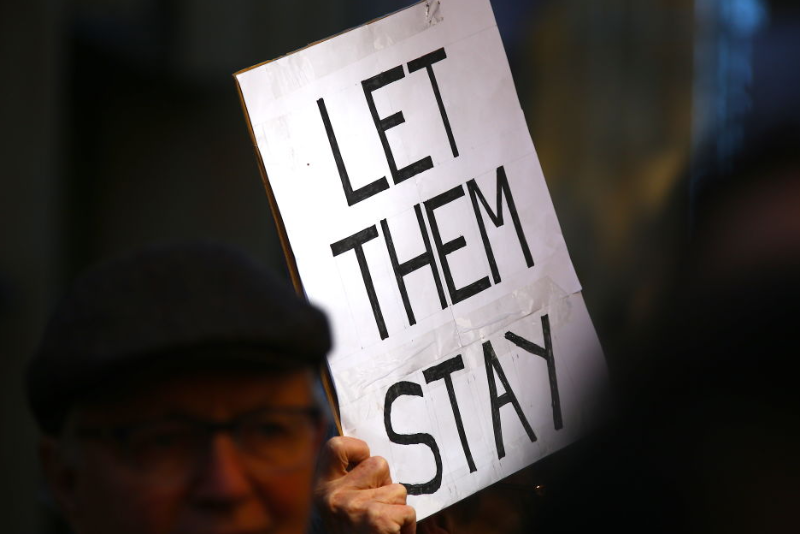
AUSTRALIA
- Kerry Murphy
- 05 April 2022
3 Comments
Recently the Government announced a special visa program for Ukrainians fleeing the war in their home country. The desperate situation in the Ukraine has dominated news for the last month, and already many tens of thousands of Ukrainians have fled their country seeking safety in nearby countries like Poland, Hungary and Rumania. Whilst Ukrainian migration to Australia is relatively small numerically, the response was quick and seemingly generous — a three-year visa with Medicare and work rights.
READ MORE 
-
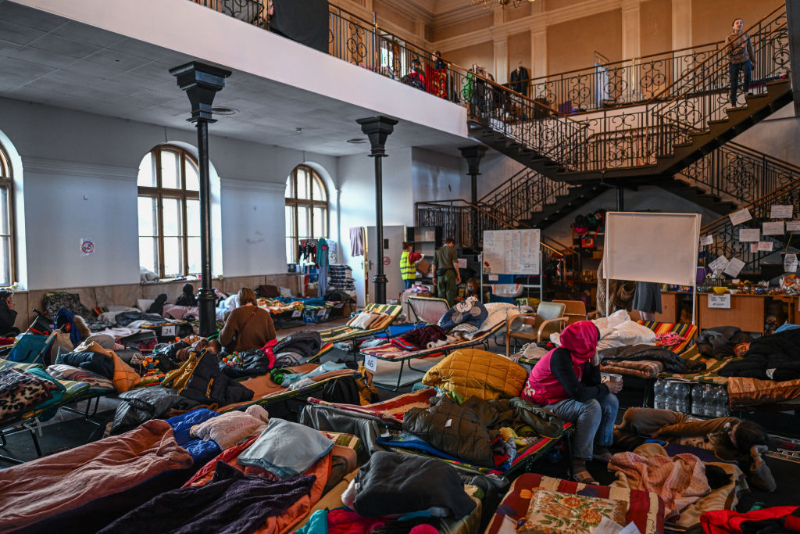
INTERNATIONAL
- David Treanor
- 28 March 2022
5 Comments
As this conflict unfolds, many governments commit necessary life-saving support for vulnerable people. However, these measures may not reach all citizens and groups, at least equitably. These include frail aged persons, children traveling without parents and those who live an intellectual and developmental disability (IDD).
READ MORE 
-
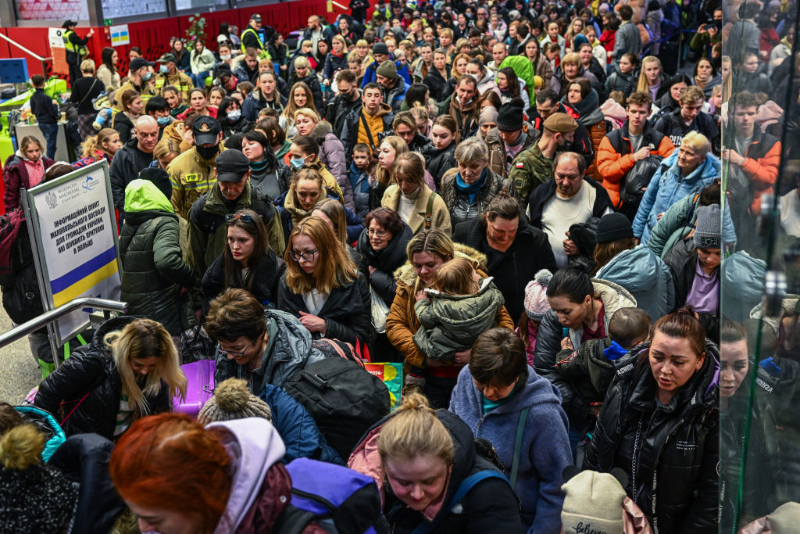
AUSTRALIA
- Binoy Kampmark
- 21 March 2022
12 Comments
While Australia has developed into a multi-ethnic, cosmopolitan state based on immigration and humanitarian intakes, the country has never gotten away from the sense that some are simply more welcome than others. Be they migrants, refugees, or asylum seekers, preferential treatment abounds.
READ MORE 